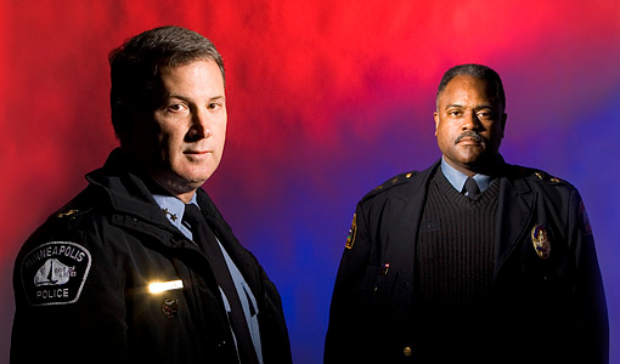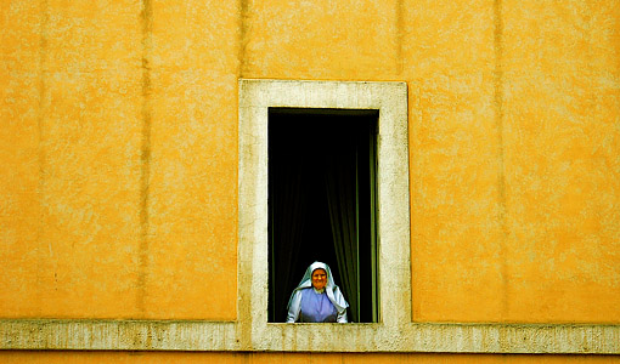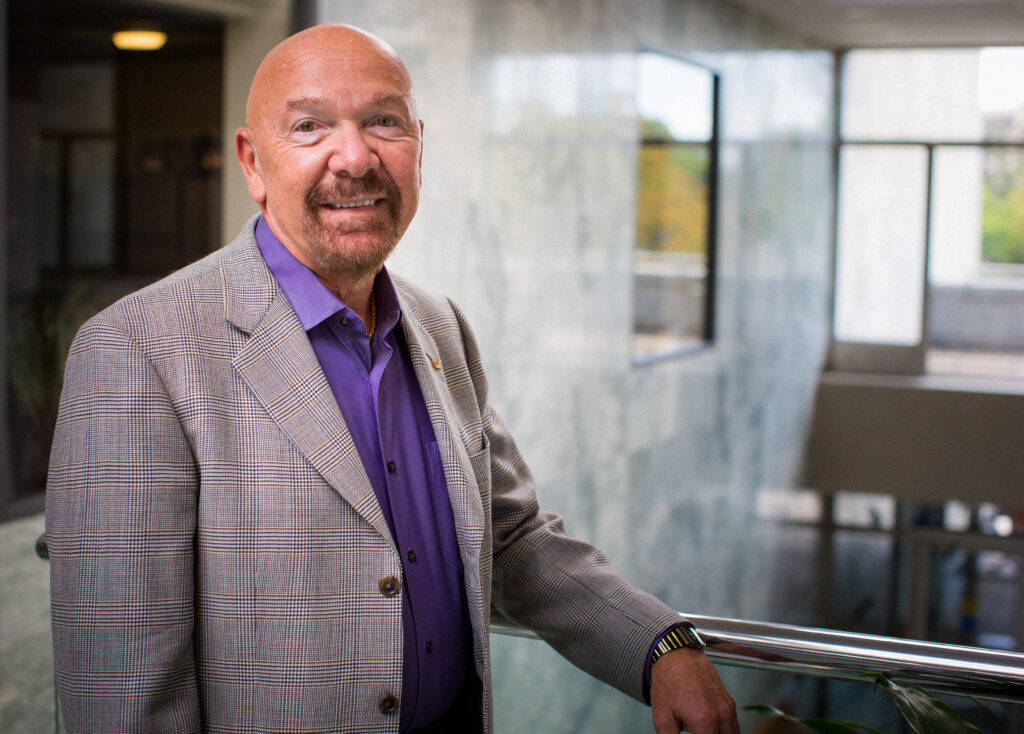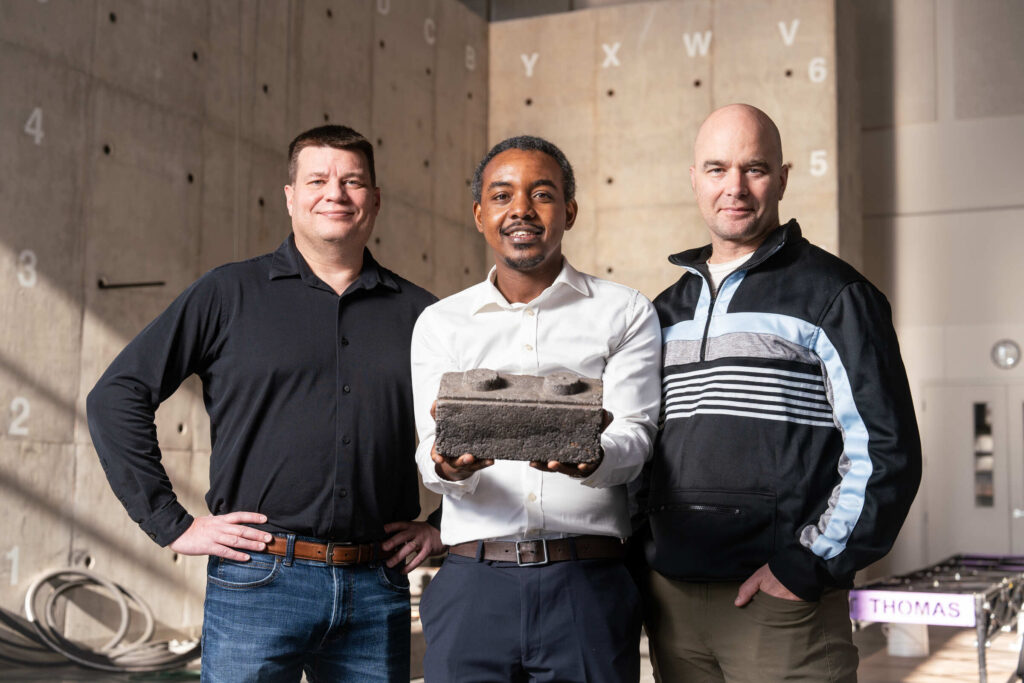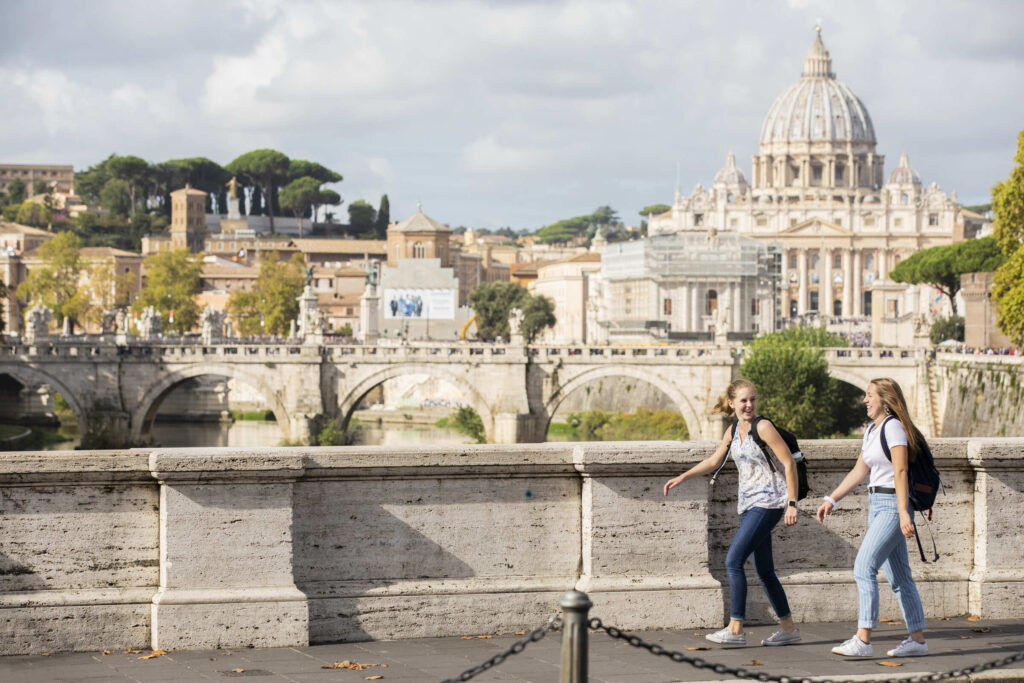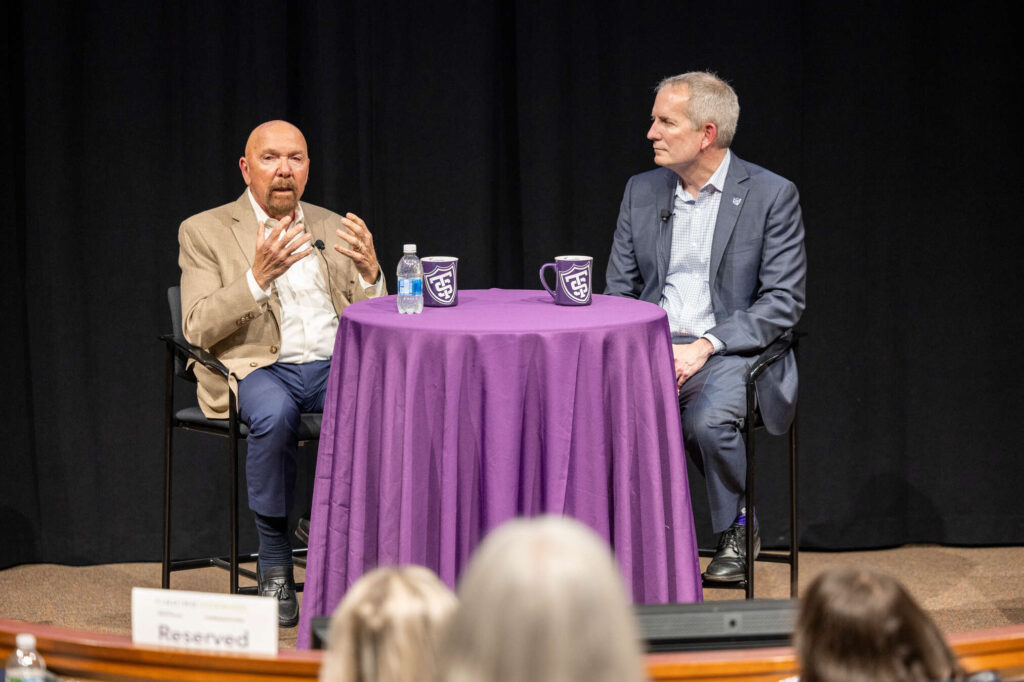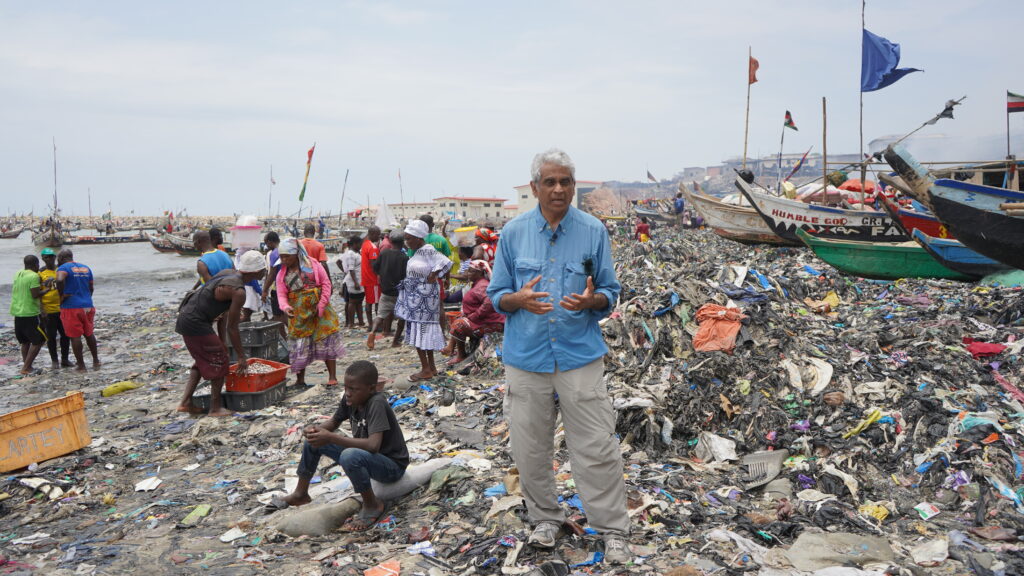What was your first year as a police officer like?
Tim Dolan: I started in 1983. It was organized chaos. We saw a sergeant at roll call and rarely any “brass” afterward unless there was a serious incident. We were just starting to see the first women police officers on the force.
John Harrington: I became a cop in 1977. They were a great group of people to work with. Our department was just learning how to be more diverse.
How has policing changed since those early days?
TD: Measurements and technology. The efforts of officers are much more coordinated based on crime trends and the goals of the city, neighborhoods and department. Squads today have global positioning systems, in-squad video recorders and computers. Cell phones, cameras, computers have changed the job significantly.
JH: We’ve moved out of the professional model and into community policing. In St. Paul, we have actually moved to problem-oriented policing. Diversity is more of a challenge than in the ’70s when the city was 80 percent white/European to today when there are more than 100 foreign languages spoken. Immigration from Latin America, Asia and Africa is also a big change.
So, how have you changed?
TD: I am more of a coach than a player today. My professional goals are more entwined with the success of the department.
JH: I’m older, fatter and slower. A little wiser, better educated, and more driven to see results.
You mentioned community policing. Both of you placed a strong emphasis on community policing, even before it became popular.
JH: Growing up in Chicago with corruption and racial tensions, my early heroes were black cops who lived and policed my neighborhood. They were the cops that knew everybody and got things done. When I got to St. Paul, I met cops just like my heroes. Guys like Butch Benner.
TD: Initially, it was as simple as personal pride. I grew up in Minneapolis, and I did not want my family and friends hearing or thinking I was not serving them as best I could. Ultimately, I observed that it is the level of involvement by a community that determines the quality of life in that community. An involved community sets the tone for what is accepted and expected within their neighborhoods. If there is no community policing, the officers are viewed as an occupying force.
What is the most demanding thing about being a chief?
TD: Trying to manage being a husband and father while commanding a large police department. The job will totally consume you if you let it. My family quickly tires of hearing “It is important.” I have friends that I have not seen in a long time. I am doing better at setting priorities and limits, but it is a daily challenge.
JH: I’d say personnel matters in the department. Telling old friends that they are not getting promoted, or even worse that their dream of being a cop is over.
What’s the most difficult day you’ve had on the job?
TD: Police face many horrendous incidents and scenes. I have been shot at, and I have lost control of some scary situations – but my most difficult day was when I told a longtime friend I was going to demote him. It was crushing to him and obviously ended our friendship.
JH: The day Jerry Vick died. Jerry was a special cop and a guy I had worked with on problem solving. He was the best of the best and I still miss him. Looking into the eyes of his wife and mom at the hospital just about broke my heart. Watching my cops trying to be strong when we all just wanted to curl up in a ball.
Citizens often demand more officers and safer communities but decry higher taxes. How do you reconcile these demands?
TD: Policing is very expensive. As chief, I don’t get to request a budget. Elected officials decide that. I let them know what they can expect from the department with the budget they are proposing. It is my job to make sure that they make informed budget decisions. This means I have to constantly communicate our staffing priorities, actual deployment numbers and measures associated with response times and case closures.
JH: My experience is that the community is willing to pay for public safety. They may question a lot of other government spending, but there is a sense that money spent for police is well-spent. I was the lone voice of dissent when I tested for the chief’s position, saying that we needed to grow the department if we were to meet the demands and needs of the city.
What are some of the ongoing public safety challenges in your city?
TD: Our ongoing issues are with disconnected young men and teens. We have too many kids dropping out of school, hanging on corners, carrying guns and choosing a life of crime.
JH: In St. Paul it’s domestic violence, gangs, drug abuse, weapons, homelessness and immigration – just to name a few of the big ones.
How can you change these problems?
JH: (Laughs) How much time do we have? We are on the right track with domestic violence. We are developing an interactive model to work with shelters, advocates, St. Paul Intervention, courts and community organizations to provide a better safety net. It seems to be working. We’ve seen a 40 percent drop in calls, and domestic homicide has become increasingly rare.
On the gang scene, I believe that for real success you need to be doing prevention, intervention and enforcement. We started a prevention curriculum in schools called GREAT (Gang Resistance Education and Training), as well as offering PAL (the Police Athletic League) to keep kids out of gangs. Finally we have targeted the worst of the worst gangsters – the most violent – and have been successfully putting them away.
TD: I feel the short- and long-term solution in Minneapolis is to keep kids in school. If they are in school during the day they are not on the street committing burglaries or crimes, and they are less likely to be on the streets late at night. Statistics also show that kids who graduate are much less likely to end up in prison. Society pays a premium to incarcerate criminals. I would like to see our communities be more proactive and spend the money to prevent these kids from dropping out.
You both received your master’s degrees in Curriculum and Instruction from the School of Education at St. Thomas. Was there an instructor who stands out for you?
TD: I went to St. Thomas as an undergrad just to play hockey. My instructors and coaches demanded more from me, so I started on a probationary status. My counselor was Monsignor Lavin. He was incredible, and he kept me on task early. In graduate school, Dr. William Salesses had the strongest influence on me. He started and ran the program – and he was my adviser. I do remember some demanding instructors, but by then I was a very motivated student.
JH: Salesses was my mentor, my adviser, and later became my friend. Dr. Salesses was a true servant leader. He pushed me to not take the easy path. He challenged me intellectually. He forced me to dig deep philosophically.
How does your education help inform what you do as a police chief?
JH: My undergraduate degree (Dartmouth) was a real gift because it gave me the chance to learn a discipline. That mental discipline of inquiry and seeking after the truth has stayed with me. Exposure to Eastern philosophy and languages has turned out to be a great help in working with the Hmong, Lao and Vietnamese communities. My M.A. from St. Thomas was more practical. I learned how to take my thoughts and teach others. Being a teacher is the bedrock of my leadership. St. Thomas also got me more in touch with ethical inquiry and Catholic values. Those values have been crucial in decision making both as a cop and as a person.
TD: My education helped me to become a better learner – hopefully a lifelong learner. I gained problem-solving, writing and organizational skills; I met friends in the field, and most importantly it helped me to broaden my vision. The reality is that most of the problems that come to our desks are difficult ones. The solutions are never easy. My response has to be fair, ethical, occasionally creative and often supported by past relationships.
Could you describe your department’s working relationship with St. Thomas?
TD: St. Thomas has a campus in downtown Minneapolis, so they are an important part of our community. The law school has certainly jumped in as a contributing member of the Minneapolis community, and they are part of our Downtown Safe Zone.
JH: St.Thomas offers an M.A. program at police headquarters in St. Paul. I have made higher education a requirement for advancement in the police department, so having St. Thomas right where our officers work makes things easier. St. Thomas also is doing several qualitative research efforts with the department as we attempt to look at how we can overcome racism and sexism in the profession. We often attend or participate in on-campus conferences such as the one held to discuss first amendment issues. And we will be holding our next recruit graduation on campus.
Of course, most St. Thomas students have heard about ZAP (Zero Adult Providers), which is an effort that police piloted to reduce the alcohol use by students on and off campus. We have a long and very good relationship with Public Safety at St. Thomas. Working on problem solving with Mike Barrett and his staff has really produced results in preventing and responding to issues on campus.
What’s the best thing about being the police chief in your city?
JH: That’s a tough call: cops and community. The St. Paul cops are phenomenal. You don’t find better cops anywhere. I have the best beat cops, best detectives. I’d put my command staff up against any other department’s. The people of St. Paul are a hidden gem, too. They are helpful and often very vocal supporters of their cops.
TD: I feel like the coach of a great team. Minneapolis is nationally recognized as a great city, and we have a super department. It is an honor to lead them.
What is the biggest misperception about being a police chief?
TD: That the chief knows about everything the department is doing. I have three bureaus, numerous commanders, lots of lieutenants and even more sergeants making decisions out there every day. I rarely hear about those decisions. There is too much going on, and we have to rely on our commanders and supervisors to make decisions.
JH: That you have to be feared to be successful.
What do you do to relax away from the job?
JH: I meditate – although not as often as I should – at Clouds in Water Zen Center. I work out daily at the YMCA, and have just begun learning to ballroom dance at the Dancer’s Studio. The reality is that we are never away from the job unless we’re out of phone, e-mail and text range. There are cherished moments on airplanes when the airplane door closes and I’m free of responsibility for a few moments.
TD: I played a lot of sports when I was younger. I coached for many years. And (my wife), Lori, now has me gardening. It’s kind of fun. I love working outside the house. Inside, I like to read, but I am a problematic reader. … I don’t like being bothered when reading. I also love fishing and canoeing.
What television show or movie provides the most accurate depiction of life as a big city police officer?
TD: I honestly don’t watch the newer police programs, but I have the complete set of Hill Street Blues on DVD. Believe it or not, that show is true to life in a busy precinct. I sure love that theme song.
JH: I like Hill Street Blues as well. And The Wire.
The mayors of your cities have sought out opportunities to work together. Have those efforts at outreach extended to the police departments as well?
TD: We have a great relationship, and I respect the St. Paul Police Department. John and I work on several initiatives together, and having the support of our mayors makes those efforts easier. We covered St. Paul for the Sergeant Vick funeral, and they do the same here. St. Paul answered calls in Minneapolis when the bridge collapsed. Our K9 and horse patrols also team up for major events.
JH: The two mayors got the Republican National Convention, so I think Chief Dolan and I will be seeing a lot of each other next September. And we do collaborate on several policing initiatives, including our work on gangs and drugs.
You’re only separated by a river, but do you get to spend much time together?
TD: I see John more than any other chief in the area, but I don’t see him as much as I would like. We are both very busy. When we do get together, we talk about current and shared issues. It is often lonely at the top, and I can trust John totally when it comes to discussing tough or confidential issues.
JH: We’re able to talk on the phone a bit, and occasionally the stars line up and we can grab lunch.
What do you admire most about each other?
TD: John is bright, and has great common sense. He leads by example, and his officers respect him.
JH: Tim is a great servant leader. Watching him during the 35W bridge incident, he was calm, focused on taking care of the problem and his people. He is about getting it done, not about getting his name in print.
Would you ever want to switch places with each other?
JH: We both tested for the position of Minneapolis police chief back when William McManus was appointed. Tim and I both made the final cut, but didn’t get to interview. I am blessed to be chief of the “saintly” city, and don’t think it could ever get any better than this.
TD: St. Paul is a fine department – but that uniform color has to change!
Interview conducted and edited by Brian C. Brown ’98 M.A
